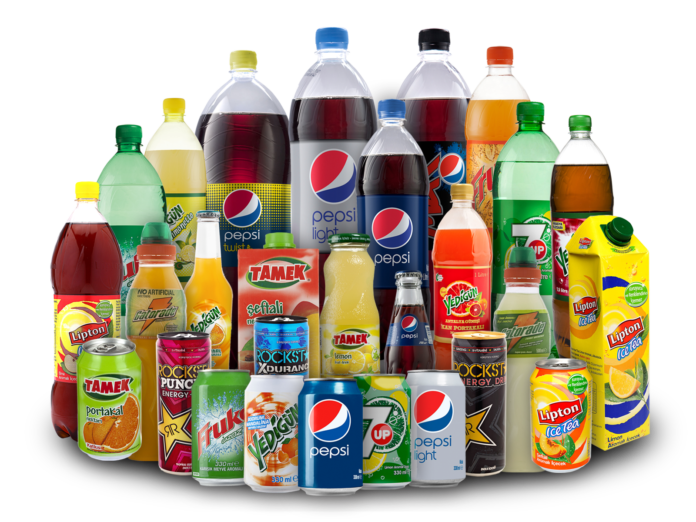The Minister of Finance, Budget and National Planning, Zainab Ahmed has said that the taxation on carbonated drinks may increase, which would, in turn, lead to increase in prices.
She said this at the Public Presentation and Breakdown of the Highlights of the 2022 Appropriation Bill on Friday in Abuja, stating that it will be part of the additions in the 2021 Finance Act which will take effect from January 2022.
She said, “To further enhance independent revenue generation, government aims to optimise the operational efficiencies and revenue generation focus of the government-owned enterprises.
Read also: FG spends 74% of revenue on debt servicing in first 8 months of 2021
“The introduction of new and further increases in existing pro-health taxes for example exercise duties on carbonated drinks- this is work in progress but it will happen in the 2021 Finance Act.”
We would recall how in March 2021, the price of carbonated drinks increased due to an increase in the price of sugar.
Ahmed also noted that there would be penalties for government-owned enterprises that fail to meet the set target in achieving the government’s revenue generation drive.
She said, “Government’s revenue performance and remittances will become enhanced through effective implementation of the performance Management Framework including possible sanctions should there be default on targets that are set for government-owned enterprises.
“The Finance Bill 2021 will contain measures that will further advance the implementation of the Strategic Revenue Growth Initiative (SRGI).”
Meanwhile, the Federal Government has prioritised spending on defence and security, infrastructure and education with the sectors getting a combined ₦5.15 trillion allocation in the 2022 Budget proposal.
From the proposal, defence and security got ₦2.41 trillion (15%); infrastructure ₦1.45 trillion (8.9%); education ₦1.29 trillion (7.9%); health ₦820 billion (5%) and Social Development and Poverty Eradication ₦863 billion (5.3%) of the entire allocation.
The Finance Minister also moved to allay fears over Nigeria’s rising debt profile, saying generating more revenue rather than debt level was the country’s biggest challenge.
According to her, Nigeria’s budget deficit to GDP (-4.7%) and debt to GDP (21.6%) ratios were the lowest among African countries.
“However, Nigeria’s Debt Service/GDP ratio (73% as at August 2021) is the highest among same African top economies; This is proof that what we have is not a classic debt sustainability problem, but a revenue challenge”, she said.
She stressed that more Nigerians needed to pay tax to boost government’s revenue, saying just 41 million people are currently paying tax in Nigeria.
“It is now critical to fix our revenue challenge, because cutting expenditure is not currently a viable option, as our Public Expenditure/GDP ratio is also the lowest among same Africa’s leading economies.
“We must, however, continue to rationalise our expenditures as we cannot afford waste; In reality, our largest expenditure items are currently personnel cost, debt service and capital expenditure, which between them account for 85% of the 2022 budget; There is very little scope for cut in any of these over the medium term.
“The most viable solution to our fiscal challenge therefore remains to grow our revenues and plug all leakages.
“Our target over the medium term is to grow our Revenue-to-GDP ratio from about 8 – 9 percent currently to 15 percent by 2025. At that level of revenues, the Debt-Service-to-Revenue ratio will cease to be a critical concern”, she stated.























